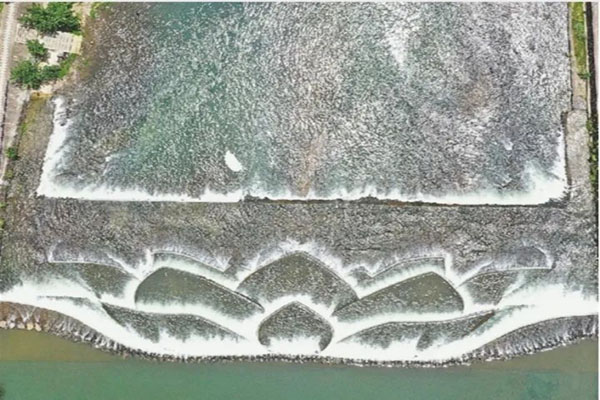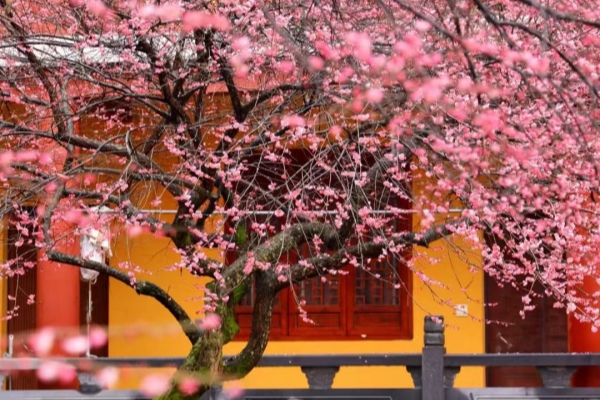Longquan Sword
The Longquan Sword, named after its birthplace in Longquan of East China's Zhejiang province, played a significant role in Chinese and global weaponry development.
The first crafting of the Longquan Sword can be traced back to the Spring and Autumn Period (770-476 BC) when Ou Yezi, a master sword-maker of the State of Yue, is said to have crafted three precious swords called Longyuan, Tai'e and Gongbu, at the foot of Qinxi Mountain in Longquan.
Since then, his technique has been passed down from generation to generation of sword makers for the past 2,500 years.
There are a total of 28 unique procedures that need to be followed to precision in order to craft a Longquan Sword. Both the blade and the scabbard feature exquisite workmanship, taking years to master. The perfect sharpness, cold glitter, optimal blade density and detailed metal carving, all make for a Longquan Sword of great quality and tremendous ornamental value.
The sword making industry is flourishing in Longquan with more than 4,000 sword makers crafting upwards of 20 different types of swords which are exported to countries and regions across the globe.
On May 20, 2006, the techniques of Longquan Sword making were included on China's list of national intangible cultural heritages.

 Lishui establishes intelligent biodiversity monitoring system
Lishui establishes intelligent biodiversity monitoring system New fungus species discovered in Qingyuan
New fungus species discovered in Qingyuan Lishui transforms weirs to aid fish migration
Lishui transforms weirs to aid fish migration